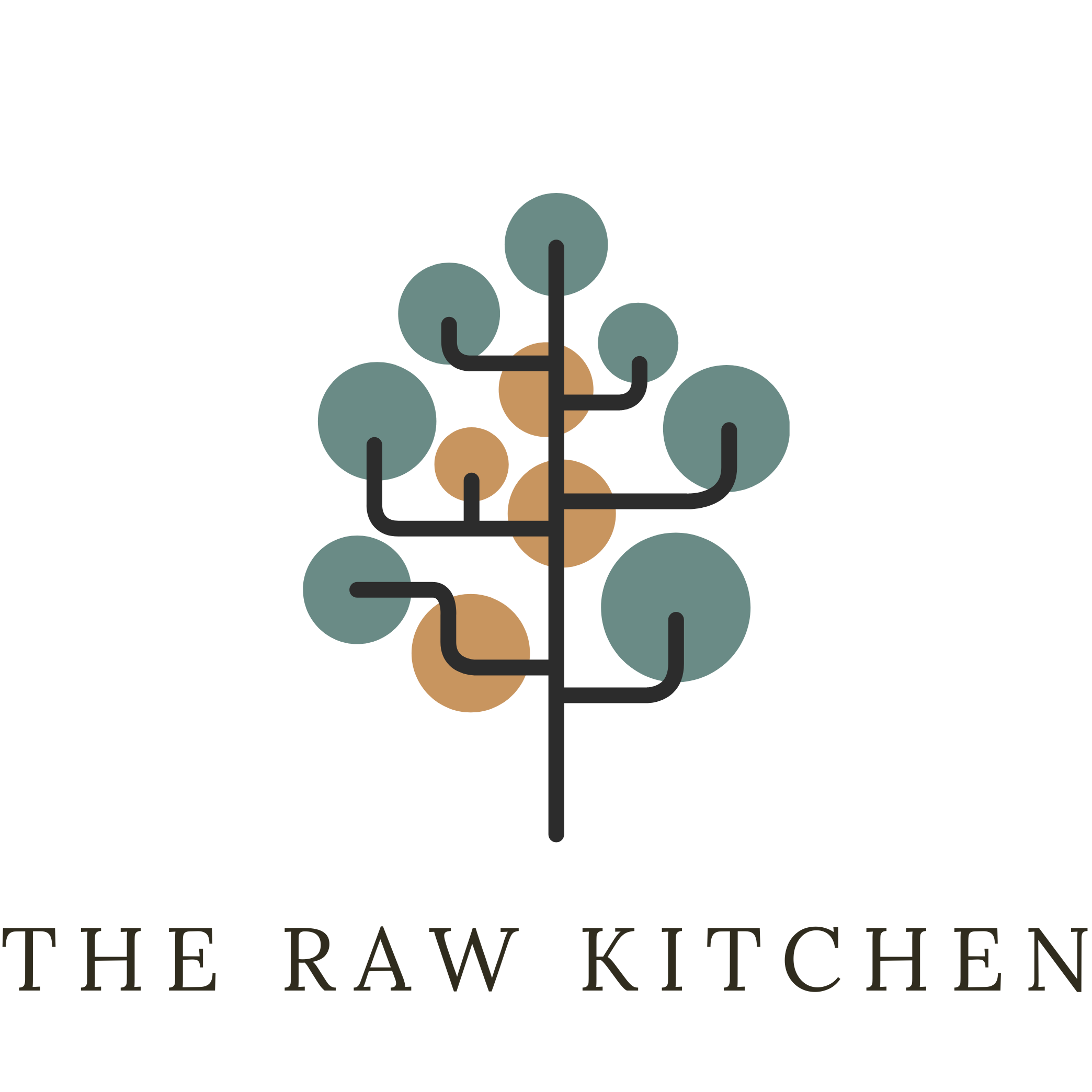
Do you need meat for protein?
One of the central questions in nutrition today is whether it's necessary to consume meat to meet our protein requirements, especially considering the need for all nine essential amino acids. Proteins are fundamental to our health, vital for building and repairing tissues, producing enzymes and hormones, and supporting immune function. While animal products are known to contain all nine essential amino acids, making them "complete" proteins, this doesn't mean plant-based diets fall short in providing the necessary protein quality.
The Role of Essential Amino Acids
Amino acids are the building blocks of proteins, and while our body can produce many of them, there are nine that we must obtain through our diet, known as essential amino acids. These are crucial for various bodily functions, including muscle repair, enzyme and hormone production, and maintaining immune health. Animal proteins contain all nine essential amino acids in sufficient amounts, which is why they're often highlighted in dietary recommendations. However, the notion that plant-based diets can't provide these essential nutrients is a misconception.
Plant-Based Proteins: A Varied Approach
Although most plant-based proteins are considered "incomplete" because they lack one or more of the essential amino acids, this doesn't mean a plant-based diet can't support all your protein needs. By eating a variety of plant-based protein sources throughout the day, you can ensure your body receives all the essential amino acids it requires. This concept, known as protein complementation, is easily achievable with a little planning.
Key Plant-Based Protein Sources
- Legumes: Beans, lentils, and peas are rich in lysine but may lack methionine.
- Nuts and Seeds: Offer good amounts of tryptophan and methionine but are lower in lysine.
- Whole Grains: Such as quinoa (which is a complete protein on its own), rice, and wheat provide methionine and histidine.
Combining these different groups, such as beans with rice or peanut butter on whole wheat bread, can provide a complete protein profile similar to that of meat.
Beyond Protein: The Holistic Benefits of Plant-Based Eating
Adopting a plant-based diet isn't just beneficial for meeting protein and amino acid requirements; it also offers broader health benefits. Plant-based diets are rich in fibre, vitamins, minerals, and antioxidants, contributing to improved heart health, reduced inflammation, and a lower risk of chronic diseases. Moreover, diversifying your diet with a range of plant-based foods ensures a wider intake of these essential nutrients, promoting overall health and well-being.
Conclusion
While meat is a straightforward source of all nine essential amino acids, a well-varied plant-based diet can also meet your complete protein needs. Understanding how to combine different plant-based protein sources allows for a nutritious, balanced diet that supports health without relying on animal products. Embracing plant-based eating is not only feasible for achieving your protein goals but also beneficial for your health and the environment.



Leave a comment
This site is protected by hCaptcha and the hCaptcha Privacy Policy and Terms of Service apply.